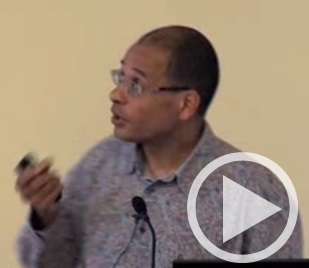Your basket is currently empty!
Therapeutic potential of a humanised antibody for the treatment of Venezuelan Equine Encephalitis Virus

There are no licensed vaccines or antivirals for the treatment of Venezuelan Equine encephalitis virus (VEEV) infections. A medical countermeasure is required for accidental exposure or deliberate release (for example, bioterrorism or biowarfare). Neutralising monoclonal antibodies have previously been shown to prevent or mitigate disease in small animal models. Furthermore, protection has been achieved against aerosol challenge with multiple strains of the virus. We have humanised one of the more broadly reactive murine monoclonal antibodies by the process of Complementarity Determining Region (CDR) grafting using human germline IgG frameworks. Studies with this candidate medical countermeasure have fallen into three areas. Firstly, a theoretical assessment of the impact of availability of an antibody therapy against environmental release of VEEV was performed utilising the HPAC modelling system. Secondly, we have examined the effect of humanisation on the potential to cause adverse events in humans using ex vivo inflammatory cytokine and T cell proliferation assays. Thirdly, the retained biological properties of the humanised antibody have been determined by assessing in vitro binding to different VEEV strains and neutralisation, and ability to prevent death in the mouse model of disease. We are able to demonstrate that the humanised antibody is able to provide protection against lethal subcutaneous and aerosol challenge with the virulent Trinidad Donkey strain of VEEV, and describe the therapeutic window in which it is effective. Crown copyright, Dstl 2011.
Dr David Ulaeto obtained his B.Sc. (Biological Sciences, 1984) and Ph.D. (Cancer Research, 1988) from the University of Birmingham, UK. He did post-doctoral training in the Department of Pathology, at Washington University School of Medicine in St. Louis from 1988-1991, and was an Assistant Professor of Microbiology at Oregon State University from 1992-1995. In 1995 he moved to Dstl Porton Down, where he continues as a Principal Scientist. His research interests are in virology and since 2000 he has been an advisor to the WHO on variola virus research. Since 2009 he has advised the FAO and OIE on sequestration of rinderpest virus.
